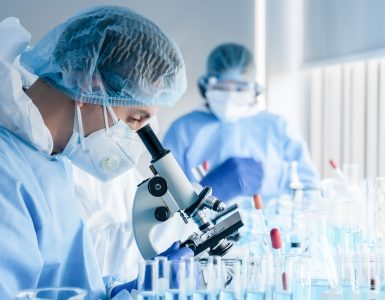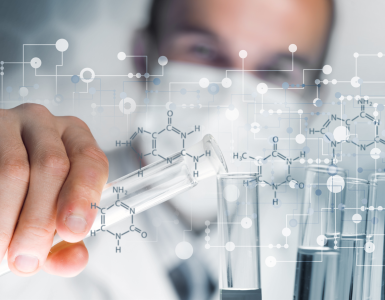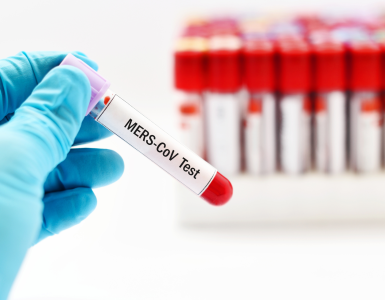by Kausalyaa Kaliapan
In March 2020, the world faced one of the most significant disasters in modern history-the emergence of Covid-19. The global pandemic resulted in the deaths of thousands of people worldwide and brought international economies to halt. Everyone was affected, as the virus spread rapidly, causing severe illness, widespread unemployment, and deep despair. The psychological toll of the pandemic was immense, impacting both physical and mental health, and diminishing the overall quality of life. This urgent situation spurred the scientific community to seek effective preventive measures.
Scientists around the world embarked on extensive research and, remarkably, developed vaccines for Covid-19. The Pfizer-BioNTech and Moderna vaccines were groundbreaking, utilizing messenger RNA (mRNA) technology. Initially, there was widespread public apprehension about mRNA vaccines, fuelled by misconceptions that they could alter human DNA. To clarify, mRNA vaccines work by introducing a piece of mRNA that corresponds to a viral protein, typically small piece of protein on the virus’s outer membrane. This prompts the immune system to recognize the protein as foreign and produce specialised proteins called antibodies. These antibodies help defend the body by identifying and neutralizing pathogens, marking them for destruction. Once produced, antibodies remain in the body, enabling a swift immune response if the virus is encountered again. In essence, the mRNA vaccine trains the body to produce a protein from the Covid-19 virus, thereby helping it generate the same antibodies it would if infected with the virus.
To address the misconceptions, it is crucial to understand that mRNA vaccines do not enter the cell nucleus, where the DNA is located. Instead, they remain in the cytoplasm, where they are rapidly degraded and eliminated. The mRNA from the vaccine cannot integrate into a person’s DNA or alter their genetic code; it serves as a temporary instruction manual that is destroyed after the spike protein is produced. This mechanism is fundamentally different from traditional vaccines, such as live attenuated or inactivated vaccines, which use weakened or killed forms of virus to trigger an immune response.
In conclusion, it is crucial to remember that individuals receiving mRNA vaccine are not exposed to the live virus, nor do they become infected through vaccination. Numerous scientific studies and evaluations by esteemed researchers and experts have confirmed that mRNA-based Covid-19 vaccines do not alter human DNA. These studies provide robust evidence of the vaccines’ efficacy and safety profiles. Hence, the public can be confident in the safety and effectiveness of mRNA vaccines without fear of genetic alteration.



























Add comment